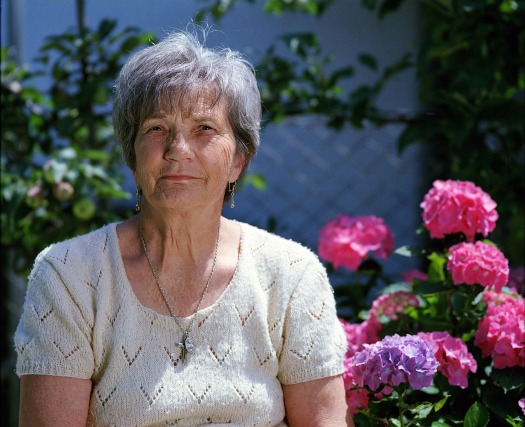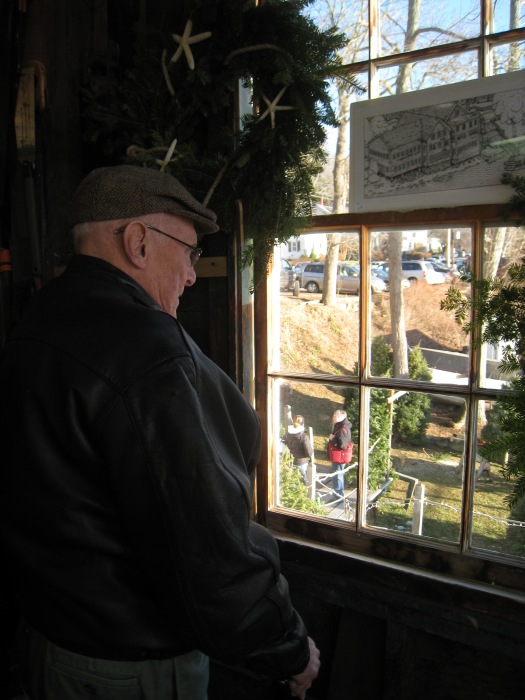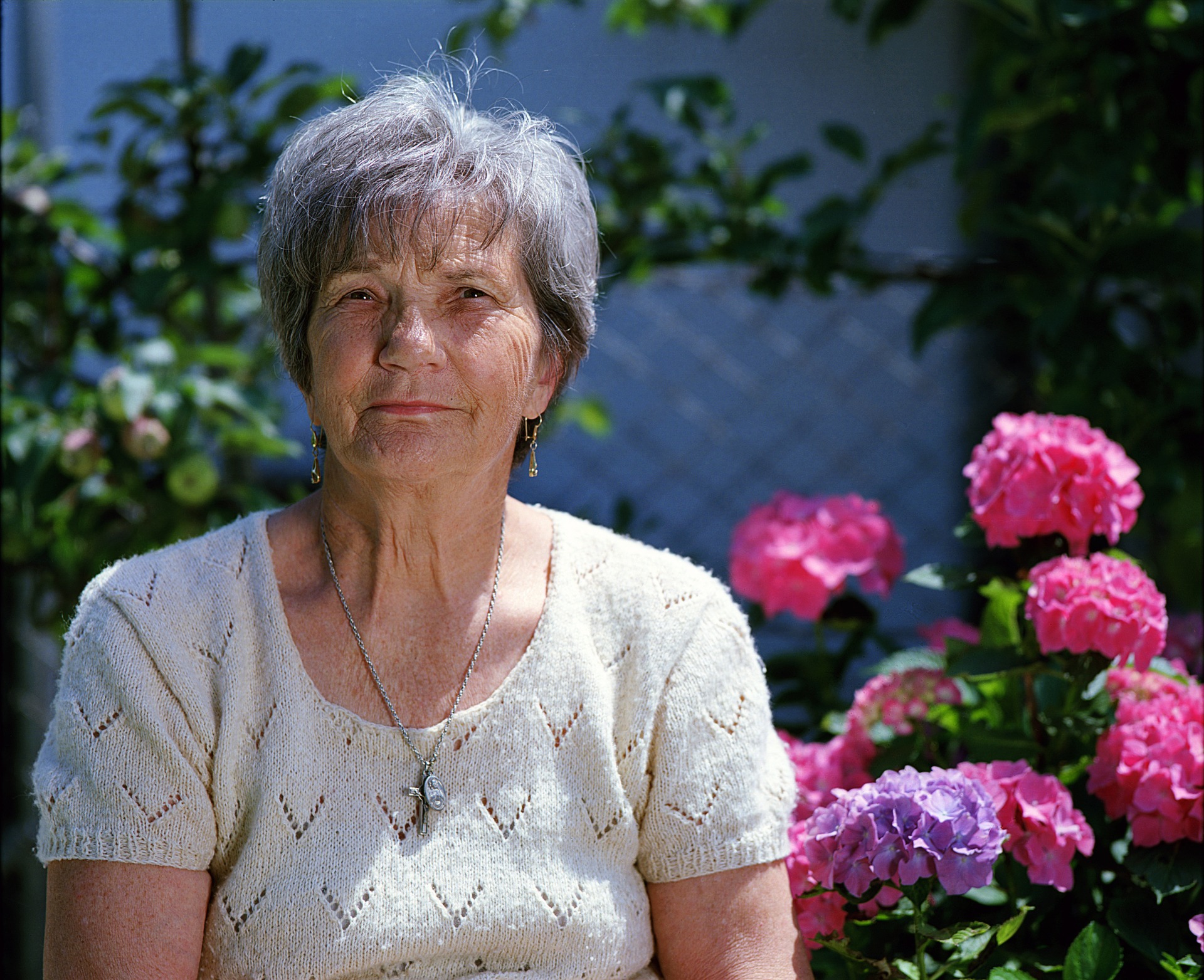Four challenges to recovering from family caregiving
Does this sound like your story? You have been taking care of your loved one. She may be experiencing dementia, heart disease, a traumatic accident, cancer, or a combination of chronic illness and decreased mobility related to aging. Most of your time, thoughts, and resources have focused on your her needs. Possibly you have given up sleep, friends, or even your job so you could be what’s call the ‘family caregiver.’ You did so willingly, even if unexpectedly, and you would probably do it again.
Now, your loved one has recovered, or perhaps passed on. Either way your life has changed. Not necessarily for the better or for the worse, but definitely changed. You might feel great, or like millions of other former family caregivers, you might be struggling with the remnants of caregiving challenges, facing homelessness or unemployment, experiencing your own untreated health issues, and trying to find a new purpose in life. You may also be tired, stressed, depressed, anxious and unsure of what to do next. And yet, everyone expect you to be back to your former self, happy or at least relieved that you are no longer a family caregiver, and ready to take on more responsibility.
What’s going on? It’s called recovering from caregiving, and very few people recognized it as the life transition that it is. (Lyman, 2019)

It might help you to recognize just how much has changed for you, and how those changes have impacted you. There are four major challenges faced by former caregivers. (Lyman, 2019)

Family Caregiver Risks: Physical, emotional, spiritual and socioeconomic factors
These stressors often begin while you are busy being a family caregiver, but unfortunately don’t go away immediately and spontaneously. Risks, also referred to as burdens, might include health concerns like depression, anxiety, and physical injuries sustained while caregiving. They may also include financial troubles and decreased productivity at work.

Compassion fatigue
Compassion fatigue happens when you are burned out and feel you have nothing left to give. You might find that you are avoiding needy people, have less compassion for others, and can’t bring yourself to help others in need.

Major life changes
This is often the least expected challenge, by family caregivers. You may find yourself at loose ends, not having realized that caring for your loved one became your life purpose. You may have to move, perhaps immediately after your loved one dies. When you have time to tend to your personal finances, you may be shocked to see them depleted, requiring significant lifestyle changes or the need to find a job.

Lack of supportive relationships
Family conflict and neglected friendships are common side effects of family caregiving. Some caregivers find that their only ‘friends’ work at their loved one’s doctor office, long term care facility, or home care provider and they disappear when caregiving is no longer needed.
Some caregivers cannot relate to any of these challenges, and seem to sail through the after caregiving transition. But others, in their own unique lives, struggle. What is your caregiver recovery experience? Are you undergoing any of these challenges? Becoming aware of them may help. Give yourself a break, don’t expect yourself to be 100% and ready for new life challenges, and allow yourself time to heal. Figure out your priorities and approach each challenge with an open mind. Start by coping, caring for yourself, and tending to the priorities. When you are ready for personal growth, seek out a new life purpose. Most importantly, get help wherever you can. If you didn’t learn how to ask for help when you were a caregiver, you now have another chance to learn this important lesson.
Source
Lyman, G. (2019, January 10). Key points pertaining to the transitional life phase of family caregiver recovery [Blog post]. Retrieved from https://calmandcentered.info

My husband has type 2 diabetes and all the complications that ensues from this horrid disease. Right now we are trying to keep his kidneys functioning well enough to avoid dialysis – but that looks more and more to be the likely outcome in the near future. I am tired – so tired. He has not been able to work for many years, so I am also the chief financial provider. I love my husband and would do all this all over again in a heartbeat, but yes, I do have compassion fatigue – I just have been running on empty for many years now. Thank you for sharing this – too often caregivers are overwhelmed and without the support desperately needed. It is so important to take care of yourself through it all….
Dear Carol,
Please consider this note to be a virtual hug. You know it is so important to take care of yourself – and we both know how difficult that can be. When I only had a moment, I’d take three deep breaths, breathing in love and compassion. Perhaps this little idea will give you a moment of peace. Thank you for all you do.
Thank you Gale – life can be hard, yes. But it can also be very good. Hugs back.
Carol, Here you are again! We not only have the same name, but similar expeiences. I knew there was a reason I found your blog. Now I have discovered another person who understands the importance of recovery for the caregiver. God bless you and God bless Gale Lyman!
Wow! It’s amazing how many people I have connected with on WordPress that have similar paths to mine. Some call it kismet – I call it mystical energies at work in the universe. God bless you too!
I love witnessing serendipitous connections form! Hugs to you both, Carol and CS.